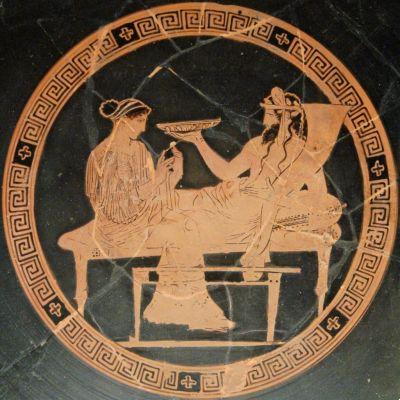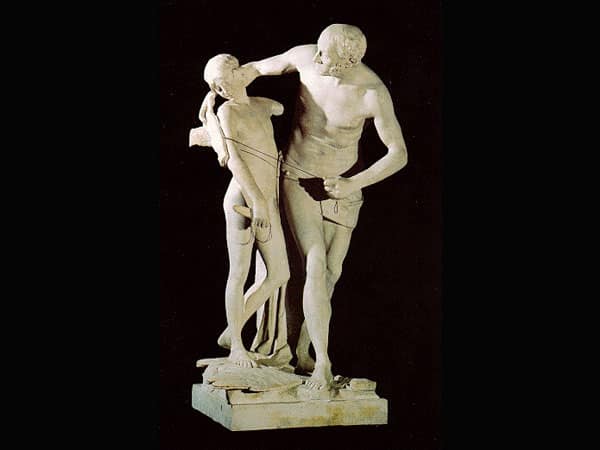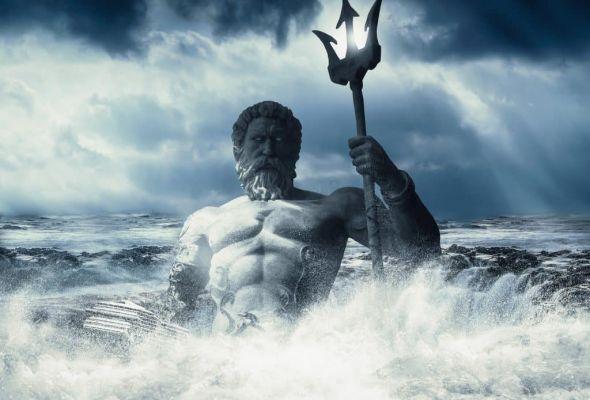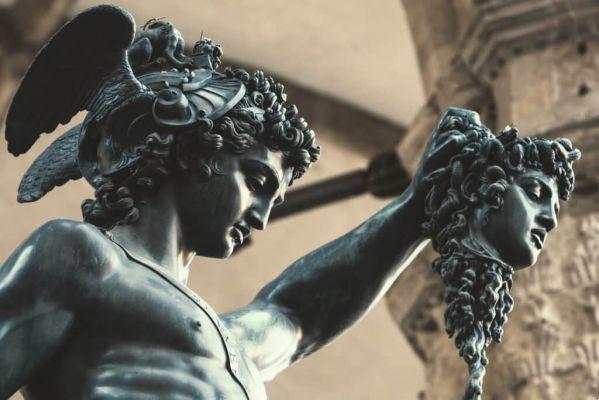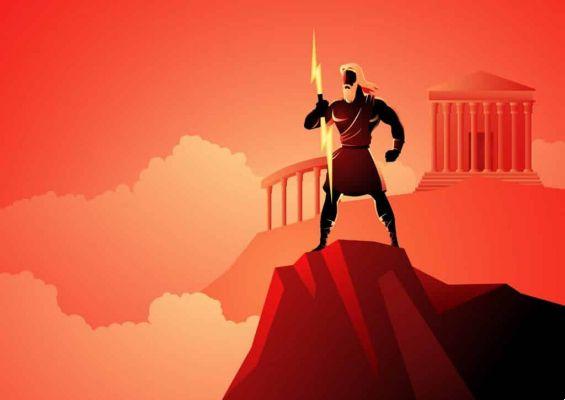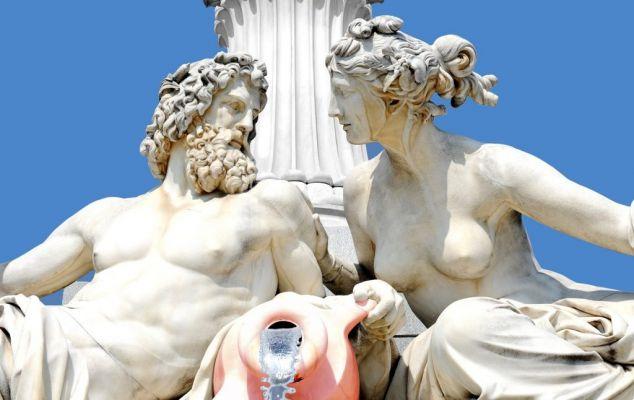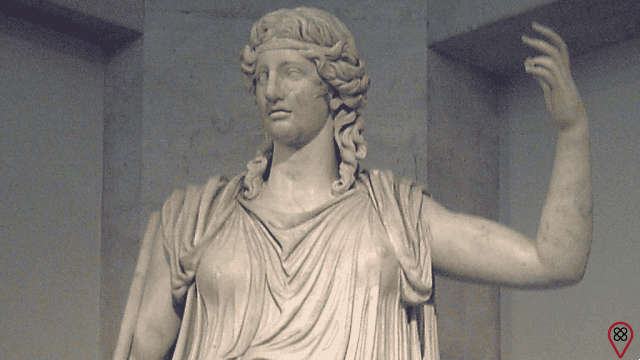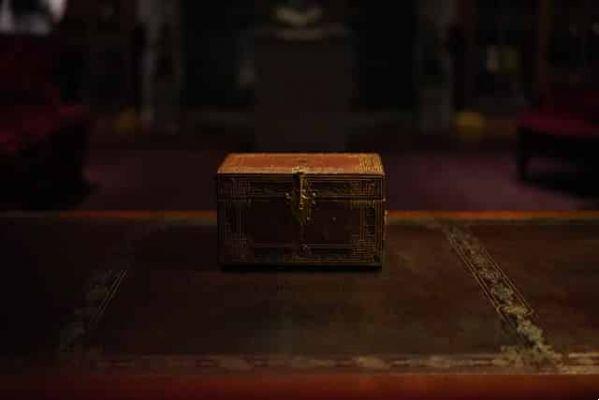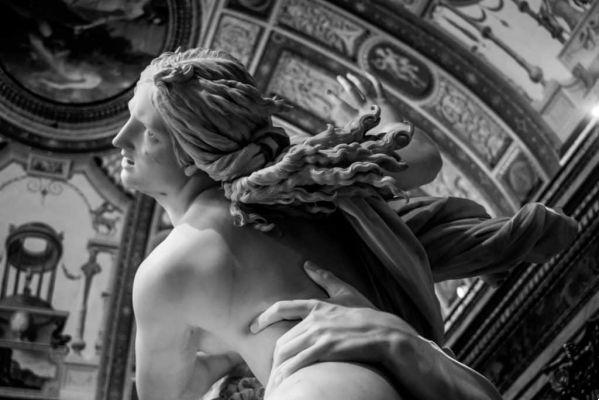Nowadays, we wonder what importance stories told a long time ago can have in our lives. This is an interesting phenomenon. The subject always arouses great interest. This could mean that there is something beyond the story itself about gods and heroes. They speak of something inherent in the human condition, timeless and profound.
For the Swiss psychologist Carl G. Jung, “myths are mainly psychic phenomena that reveal the very nature of the psyche”. Myth can be seen as the condensation of experiences lived repeatedly over millennia by human beings. Thus, identical themes can be found in places that are distant from each other, with only a few elements varying according to the time and culture that produce them.
The myth embodies the ideal of every human being: the conquest of individuality. The struggle for the victory of conscience is the eternal struggle of every person.
The main characters of myths are usually gods, demigods (descendants of the union between gods and humans) and heroes. Myths usually refer to a mythical, undefined and timeless age – and some scholars think that there may be a kernel of truth in some narratives.
Myths seek to explain and demonstrate, through the action and way of being of the characters, the origin of things, of the world (human beings, animals, diseases, birth and death, interpersonal relationships, emotions and feelings, etc.). Thus, myths served as guides and models for understanding the world and the role we play in it.
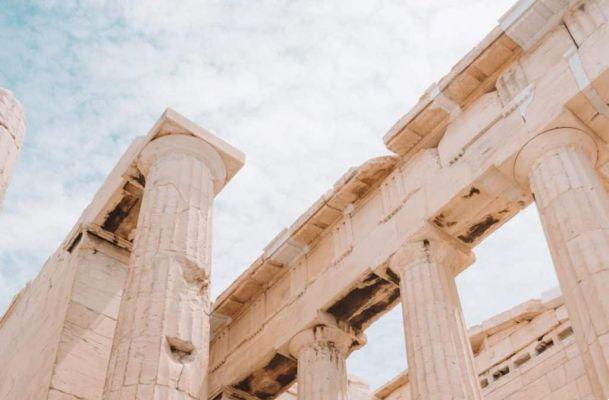
The religions of ancient Greece and Rome have disappeared, but the legacy of their myths and heroes remains present in our cultures to this day, having influenced literature, the arts, psychology, etc.
The ideas about the structure of the universe accepted by the Greeks passed to the Romans, who, in turn, spread them among other peoples. For example, for the Greeks the Earth was round and flat and their country occupied the center of the Earth, whose reference was Mount Olympus. So great was this belief that even the gods had their abodes on the heights of this mountain, which dominates the region of Thessaly. Around the Earth flowed a river called the Ocean, and all the rivers and seas received their water from it.
On the western side of the Earth were the Elysian Fields, where some mortals favored by the gods went, where they acquired immortality. It is interesting to note that the westward direction, in other cultures (such as the Celtic culture, for example), was considered a land of bliss, reserved for the chosen.
You may also like
- Check out everything you need to know about Greek Mythology
- Admire yourself as you meet the 7 Greek Goddesses
- Discover the story of Poseidon, the god of the seas
The imagination of the Greeks populated the expanses beyond their knowledge with a multitude of exotic figures such as strange peoples, giants, monsters, and sorceresses. Their stories included a large number of gods and goddesses, who were similar in form to humans, but endowed with great perfection and beauty.
Despite supernatural powers, the gods acted, felt and thought like humans themselves. Their actions were often guided by jealousy, hatred, greed, envy, revenge, lust, etc.
It was very common for gods and goddesses to get involved in human affairs, descending from Olympus and interacting with people as mentors, lovers, allies or enemies.
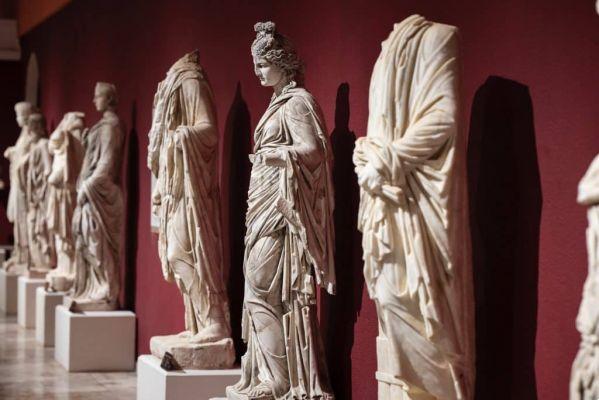
Greek mythology originated from the union between Mycenaean and Doric mythologies, and its development took place approximately in 700 BC. C. The pantheon of ancient Greek gods ("pantheon": from the Greek "pan", all; and "theoi", gods) consists of twelve major deities, plus lesser deities and demigods.
Main gods/goddesses:
Zeus – the main god of the Greek pantheon, protected justice and social order, reigning over all gods and all kingdoms.
Ivy – wife of Zeus, she was the queen of the gods, protected marriage, family and births.
Afrodite – goddess of love and beauty, daughter of Zeus.
Eros – son of Aphrodite, god of love. He unleashed the arrows of desire into the hearts of gods and humans.
Ares - God of War.
Athena - wisdom goddess. She came out of the head of her father, Zeus, fully armed for war.
Hermes – the messenger of the gods, patron of merchants, travelers and thieves.
Demeter - goddess of agriculture.
Hephaestus – god of blacksmiths, fire and volcanoes.
Hestia – watched over the fireplaces of the houses. In her temple, a sacred fire constantly burned, under the guard of priestesses.
Poseidon - god of the seas.
Artemis – goddess of hunting and protector of wild animals.
Apolo – god of the sun, arts and medicine.
Hades – god of the underworld.
Persephone – daughter of Demeter, goddess of the underworld, married to Hades.
Worm - god of wine.



